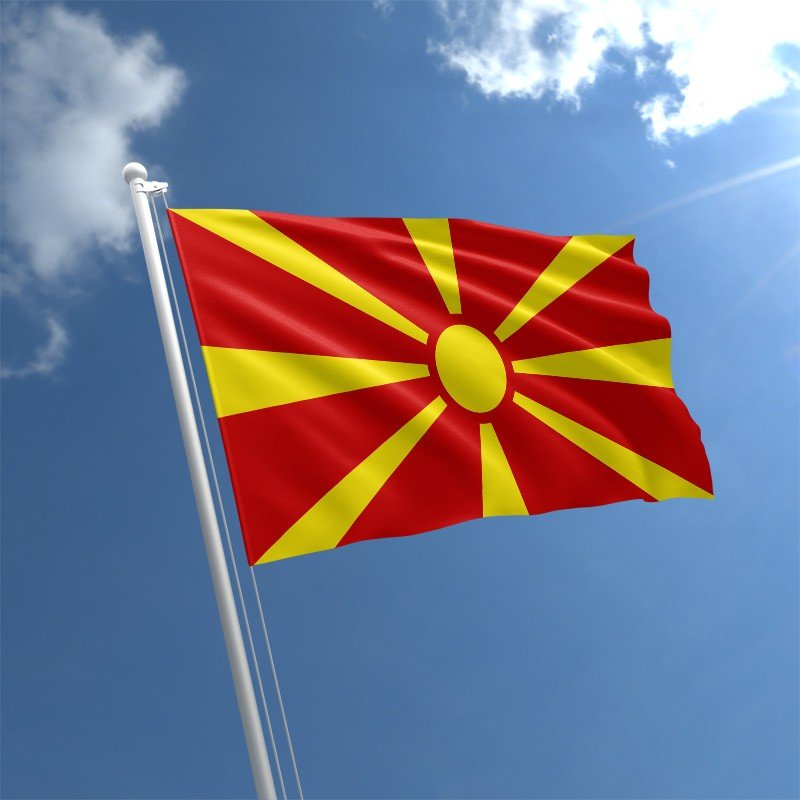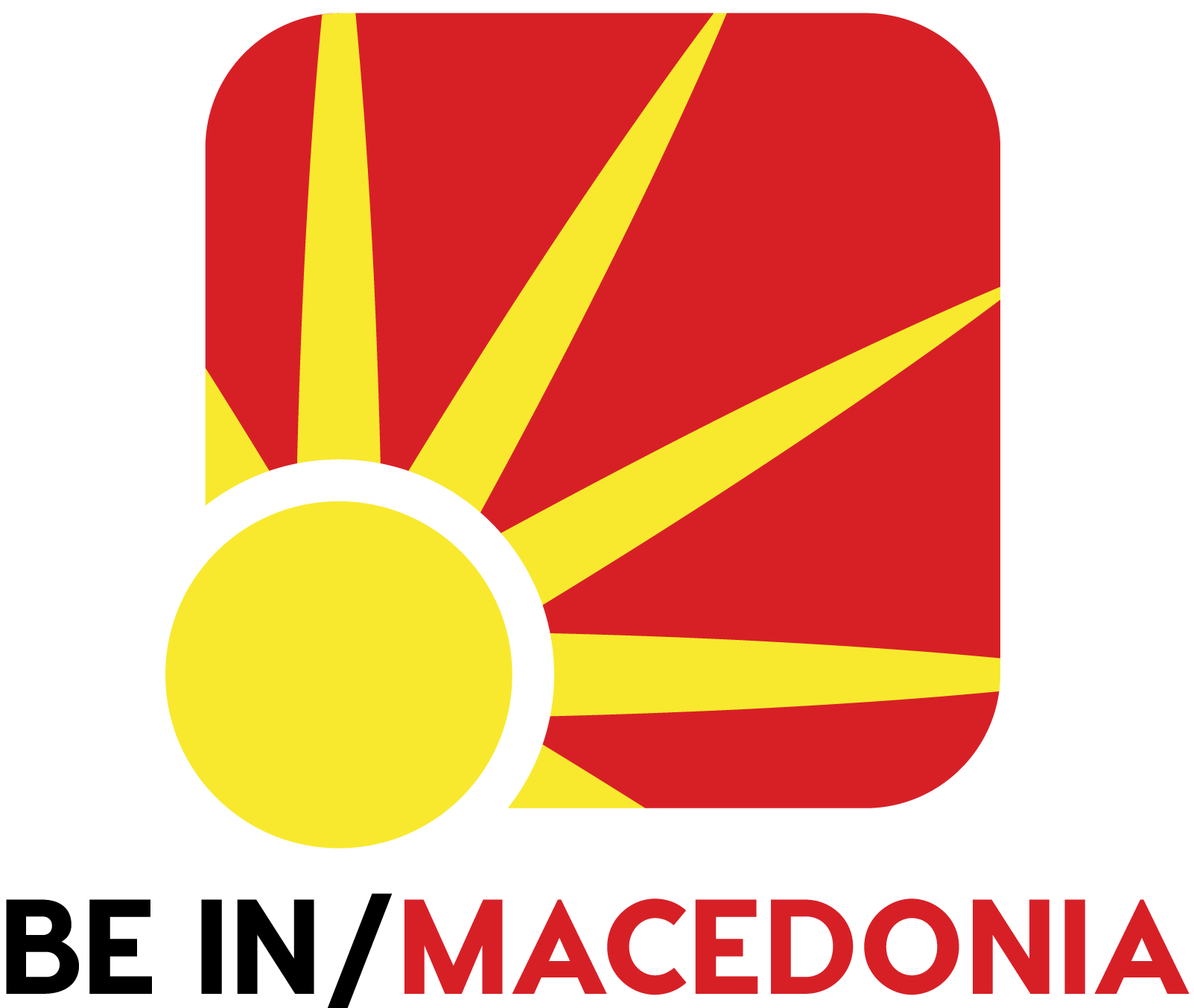Macedonia – North Macedonia Politics

Macedonia – North Macedonia gained its independence peacefully from Yugoslavia in 1991. Greek objection to Macedonia – North Macedonia’s name, insisting it implies territorial pretensions to the northern Greek province of the same name, and democratic backsliding has stalled the country’s movement toward Euro-Atlantic integration. Immediately after Macedonia declared independence, Greece sought to block Macedonian efforts to gain UN membership if the name “Macedonia” was used.
Macedonia was eventually admitted to the UN in 1993 as “The Former Yugoslav Republic of Macedonia,” and at the same time, it agreed to UN-sponsored negotiations on the name dispute. In 1995, Greece lifted a 20-month trade embargo and the two countries agreed to normalize relations, but the issue of the name remained unresolved and negotiations for a solution are ongoing.
Since 2004, the US and over 130 other nations have recognized Macedonia by its constitutional name, Republic of Macedonia. Ethnic Albanian grievances over perceived political and economic inequities escalated into an insurgency in 2001 that eventually led to the internationally brokered Ohrid Framework Agreement (OFA), which ended the fighting and established guidelines for constitutional amendments and the creation of new laws that enhanced the rights of minorities. Relations between ethnic Macedonians and ethnic Albanians remain fragile, however.
A nearly three-year political crisis that engulfed Macedonia finally ended in June 2017 following a six-month-long government formation period after a closely contested early legislative election in December 2016. The crisis began after the 2014 legislative and presidential election and escalated in 2015 when the opposition party began releasing wiretap content that it alleged showed widespread government corruption.
Although Macedonia became an EU candidate in 2005, the country still faces challenges, including overcoming the political crisis, fully implementing the OFA, resolving the outstanding name dispute with Greece, improving relations with Bulgaria, halting democratic backsliding, and stimulating economic growth and development. At the 2008 NATO Summit in Bucharest, Romania, the Allies agreed that Macedonia would be invited to join the Alliance as soon as a mutually acceptable resolution to the name dispute was reached with Greece.
The challenges have been overcome now, and the official name of this country is North Macedonia.
| Local short form: | Macedonia |
| Conventional long form: | Republic of Macedonia |
| Government type: | Parliamentary Republic |
| Capital: | Skopje |
| Administrative divisions: | The Republic of Macedonia is divided in 70 municipalities. |
| Independence: | 8 September 1991 (referendum by registered voters endorsed independence from Yugoslavia) |
| Constitution: | The Constitution of Macedonia came into force from November 17, 1991 |
| Legal system: | The Republic of Macedonia has a multi-party parliamentary system. The country is divided into 84 administrative municipalities. The municipalities are units of self-government and are autonomous to a certain extent. The legal system is based on civil law system.
There are 27 Courts of First Instance, and three Courts of Appeal. The highest court is the Supreme Court of Macedonia. The Judicial Supreme Court, Constitutional Court and the Republican Judicial Council are the top courts of the country. The Assembly appoints the judges. |
| Suffrage: | 18 years of age; universal |
| Elections: | Last parliamentary elections held on 11 December 2016
Last local elections held on 15 October and 29 October 2017 |
| Major Political Parties: | Internal Macedonian Revolutionary Organization – Democratic Party for Macedonian National Unity -VMRO- DPMNE
Social Democratic Union of Macedonia –SDSM Democratic Union for Integration- DUI Democratic Party of Albanians- DPA |
| Executive branch: | |
| Presidents: | Gjorghe Ivanov ( current), Kiro Gligorov, , Boris Trajkovski, Branko Crvenkovski, |
|
Head of government: |
Zoran Zaev, President of the Government of the Republic of Macedonia |
|
Ministries: |
|
| Nikola Dimitrov – Minister of Foreign Affairs | |
| Oliver Spasovski – Minister of Internal Affairs | |
| Bilen Saljiji – Minister of Justice | |
| Bekim Neziri – Minister of Economy | |
| Goran Sugareski- Minister of Transport and Communications | |
| Ljupco Nikolovski- Minister of Agriculture, Forestry and Water Supply | |
| Asaf Ademi- Minister of Culture | |
| Aber Ademi- Minister of Education and Science | |
| Sadula Duraki- Minister of Environment and Physical Planning | |
| Dragan Tevdovski- Minister of Finance | |
| Venco Filipce- Minister of Health | |
| Damjan Mancevski- Minister of Information Society | |
| Mila Carovska- Minister of Labor and Social Policy | |
| Suhejzl Fazliu- Minister of Local Self- Government |
